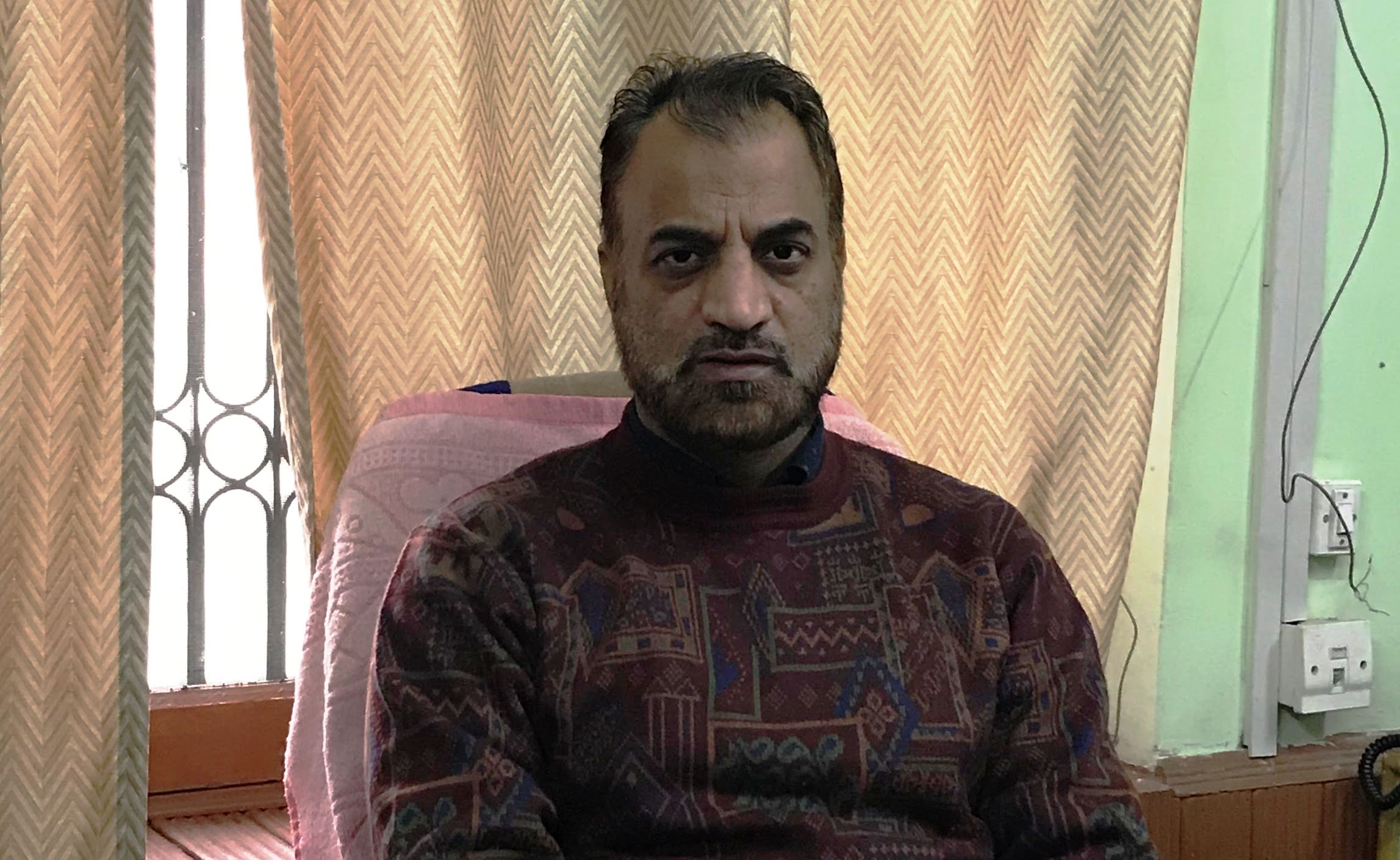Dr Zaid Ahmad Wani, Child Psychiatrist at the Institute of Mental Health and Neurosciences Kashmir tells Khalid Bashir Gura

KASHMIR LIFE (KL): Schools in Kashmir are shut for more than a year now. What has been its impact on children?
Dr ZAID AHMAD WANI (ZAW): Schooling is important not only for academic success but overall development and discipline. The shutdown has resulted in maximum children being at homes, away from their schools without a schedule, time table or curriculum. This has impacted their motivation, their social life and overall behaviour.
KL: With the onset of a pandemic, the social interactions were reduced and it also might be impacting children health and psyche?
ZAW: Humans are social beings and we cannot picture our existence outside our society, it shapes our mental and social development. When lockdown started social contacts definitely got limited, even marriages and funerals had a set limited number of persons. Children need more social influence in the form of learning like school, market, street, religious places, and playgrounds. The limitation of social interaction negatively impacted the physical health of children in the form of weight gain, fatigue and exacerbation in other physical issues. Children also faced certain psychological issues like increased boredom, anxiety and depression, behavioural issues like anger and hyperactivity etc.
KL: What kind of calls/patients you are attending these days?
ZAW: Although there is not much difference in calls we receive, there was, however, a definite exacerbation of already present psychological problems. Also, boredom has resulted in depression and trauma and the suicide rate has increased.
KL: Many people are jobless so what is its impact on children?
ZAW: Joblessness is indirectly impacting our children through their parents and other caregivers. Joblessness has created a wave of stress, worry and depression and children are getting affected if their caregiver is jobless because of the psychological issue of their parents. Also, older children who can think abstractly do worry about their future, the future of their family. The health of their family members and the expenses they might need in case something happens to their family members. We have often observed this kind of thought process on telephonic and face to face sessions.
KL: Children have become more dependent on mobile phones these days how does it impact on their future, eyes, physical and mental health?
ZAW: It is true that children have become dependent on mobile phones because of Covid-19. Be it for entertainment purposes or online classes. It hampers their social brain. It affects their social skills and behaviour and definitely has a negative impact on their vision and spinal health (posture).

KL: Has there been any study where the impact of the virus was seen on child psychiatry? Like the ones who were positive?
ZAW: We haven’t seen a child who had Covid-19 infection leading to mental health issues; the reason being children getting less affected, children being isolated or locked down. Although we received calls and saw cases where children had concerns like anxiety, depression related to Covid-19 fear or worry.
KL: How can we know that children are stressed?
ZAW: We can recognize a stressed-out child if there are short-term behavioural changes such as mood swings, acting out, crying, whining, clinging or the child is unwilling to let you out of sight. New or recurring fears (fear of the dark, fear of being alone, fear of strangers), changes in sleep patterns, bed wetting, poor academic performance, social withdrawal, unexplained physical symptoms like frequent headaches or stomach-aches also indicated that the child could be stressed.
KL: What are the ways of helping children cope with stress?
ZAW: Various coping strategies are there to help children and adolescents deal with stress: Try talking about their feelings without being judgmental; validate their emotions and provide reassurance; teach activity scheduling and various easy time management techniques; use calming breathing exercises to help with their emotional regulation; involve various recreational activities in child’s daily routine and start a culture of conversation at home.

KL: Do we have cases of child sex abuse in Kashmir?
ZAW: Yes, we can’t be in denial mode that child sex abuse cases don’t happen in Kashmir. Recently we witness the increasing trend in reporting. Reporting CSA is a positive sign. There are maximum cases which remain unreported. The increasing number of different sexual crimes against children is extremely alarming as this is a more serious violation of child rights in terms of the complexity of issues especially mental health implications.
KL: What is your advice to parents when it comes to parenting?
ZAW: Parents should communicate age appropriately with their children. The language pattern should be simple and clear.
In addition to it, parents should provide honest and factual information to the children and should not lie/hide any information from them. Parents should also limit the screen time of their children. They should also keep an eye on them if they provide a mobile phone to their children for online classes.
Additionally, parents should understand the emotional needs of their children as many children may exhibit various psychological issues during the crisis. At last, parents should spend quality time with their children and should engage them in indoor activities like reading, family time, playing with siblings etc.















